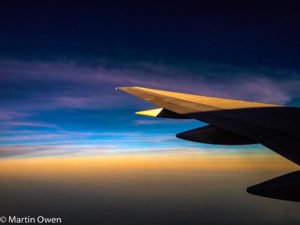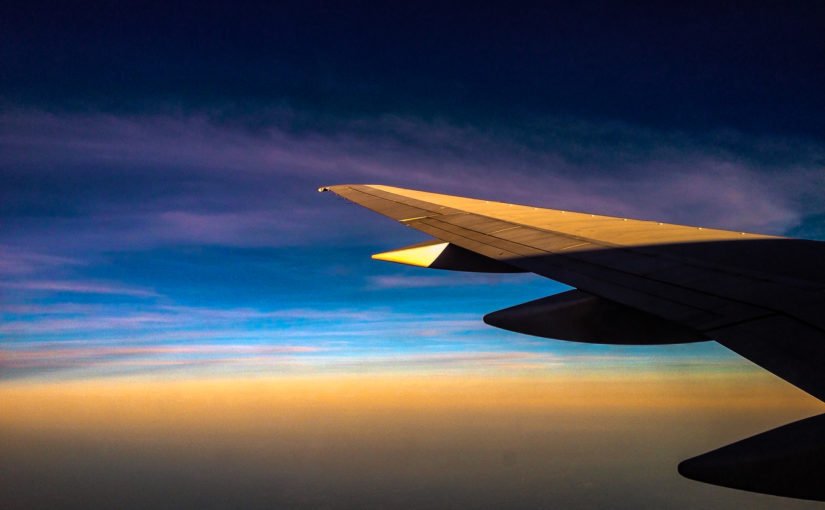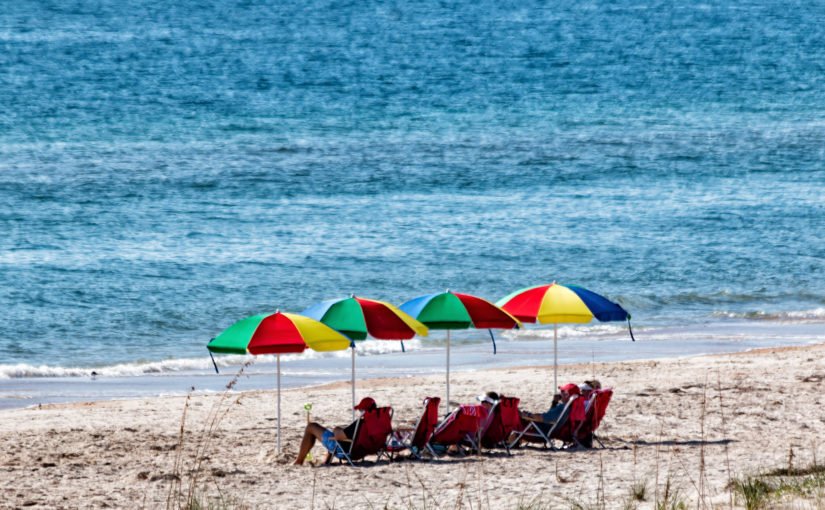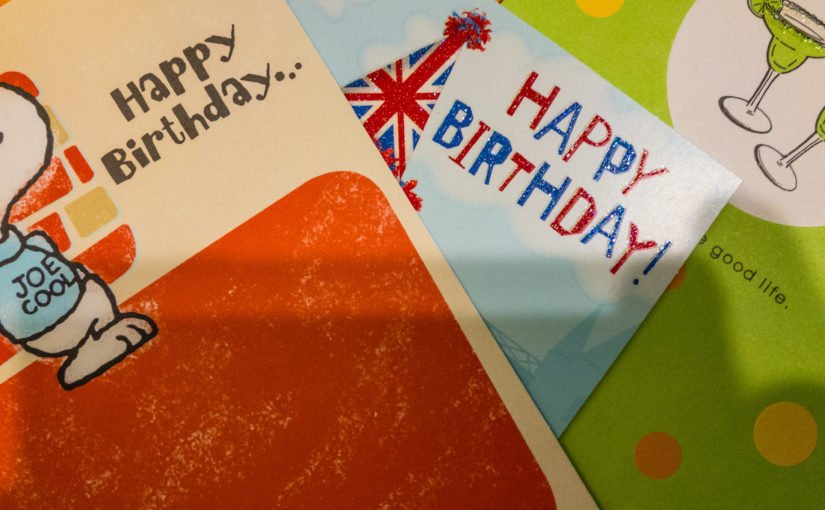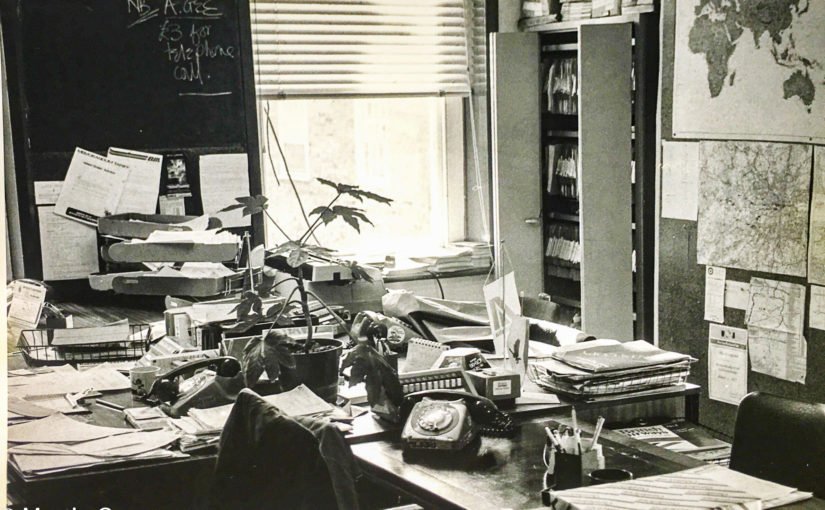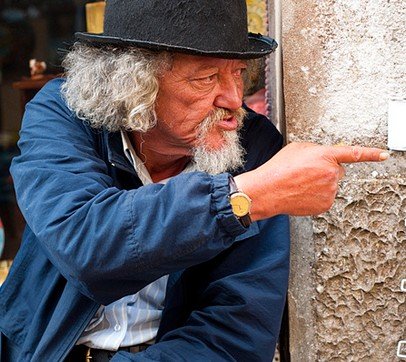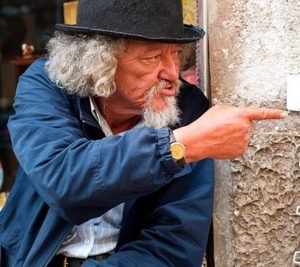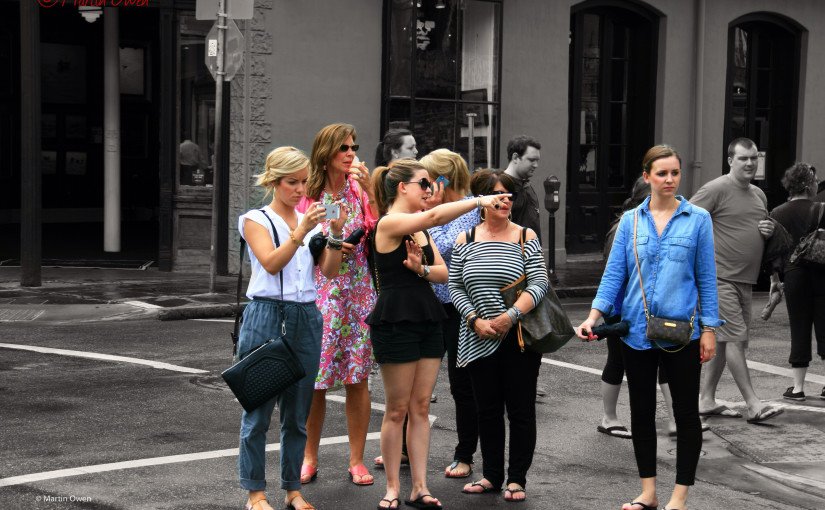Get ready……
Happy New Year and welcome to 2017!
I’m not one for making resolutions, mostly because I change my mind so much! If you want to change something, better to just to get on with it than wait for some arbitrary date to start. That’s my excuse anyway. Similarly, looking backwards doesn’t help because we can’t change what has past – although as numerous people (apparently) are quoted as saying – if you don’t remember past mistakes, you’re doomed to repeat them!
So, in the interests of progress, let’s look forward.
I’ve read two articles over the end of the year break that I felt were right on point. I’ve attached links to these so you can read them yourself.
The first was by anti-aging & sports medicine pioneer, and futurist, Dr Robert Goldman (http://ow.ly/Akd9307C9Bt). Dr Goldman pointed out some of the changes that society will be subjected to over the next few years. What is most striking is the speed at which these changes will take place. I remember talking to a scientist with British Telcom back in the early ‘90s who said that they knew absolutely what developments would arrive within 5 years; they had a pretty good idea what would happen in the next 10 years but beyond that they were ‘wishing and hoping’! as Dr Goldman suggests we are now in the exponential age, where changes occur at an ever increasing rate. In many cases these changes happen faster than most businesses can adapt. If you read the article you’ll see that many developments will directly affect the Travel and Tourism Industry.
The second piece was by Christopher Elliott in the Washington Post (http://ow.ly/Hrvl307C9Ob). Chris is suggesting that 2017 is the year many people, especially Americans, won’t be traveling on vacation. He cites many reasons and offers suggestions of how as a tourist you can benefit (please go and read it!) but for those of us in the industry there are three main takeaways. That tourist will be looking for alternative accommodations, authenticity and satisfying their needs for instant gratification.
I’ve talked to many travel and tourism professionals over the past year and we’ve discussed the inevitable changes that are happening and I can’t think of anyone who has disagreed. After all, the signs are really clear – very ‘in your face’ as it were. However, many are not willing to accept the speed of changes.
Take ‘alternative accommodation’ – Airbnb in particular. Home sharing has expanded incredibly rapidly. Airbnb are now the largest accommodation provider in the world with over 2.5million homes (incidentally, they own no hotel rooms!) yet most of the vacation rental companies here in Northwest Florida’s Northern Gulf Coast seem to think think they are not a serious threat to their business model.
The past year the 1.5 million guest arrivals to Florida via Airbnb represent 114 percent year-over-year growth. This comes as Floridians increasingly embrace the home sharing platform as an opportunity to earn supplemental income and make ends meet. The Airbnb Florida host community grew 74 percent in 2016 to a total of 32,000 hosts.
Yes, the local industry says, but it’s in cities, not here.
This is the total supplemental income earned by Airbnb hosts in our local counties:
Bay County $4.9 million
Walton County $3.3 million
Okaloosa County $2.9 million
Escambia County $1.8 million
Santa Rosa County $683,000
That’s a total of nearly $13.6 million. True, it’s only 10% of the income from Miami-Dade alone, but its still remarkably significant.
People love the idea of either staying with a local host, or staying in the home of a host which they perceive differently than the relatively anonymous experience of a cookie cutter condo or a ‘standard’ hotel room.
This contributes to the ‘authenticity experience’ that comes from home sharing, boutique hotels and the like.
Chis Elliott also refers to ‘Instant Gratification’. I know I’m always talking about the attitudes of Millennials and younger Boomers but they do have have a seemingly out of proportion effect on our industry. Their behavior appears to affect the other sectors of our audience too. The ubiquity of smartphones and the ability to access information from wherever you are, makes the almost impulse decision to book a vacation all too easy.
You’ve bought things on Amazon. How many times have you been tempted by the ‘people who bought this also bought this’ suggestion?
Think what will happen when someone suggest “How about we go to The Gulf of Mexico next weekend?”. You look at your phone and up pops the local CVB websites – you see what events are happening, and guess what? You can book the Airbnb accommodation right there, and the concert tickets, and the Uber from the airport. Of course there was link to book flights too but you’ll probably want to do that with the airline because you get your miles there – and suddenly Delta Air Lines are offering 1 mile for every $1 you spend with Airbnb if booked through them – oh, and Uber credits too.
We have a change to the whole vacation booking experience, which is not taking 5 or 10 years to develop but is happening as we speak.
Put a note in your calendar to contact me at the end of 2017 and tell me if there have been no changes to your tourism business during the year. To be frank, I don’t think you’d be able to do that by June!
Whatever happens is going to be exciting. The evolution of the world’s biggest industry has always been fascinating and the near future won’t disappoint I’m sure.
Please follow the Owen Organization blog on www.owenorganization.com, sign up for the newsletter and follow us on Facebook at www.facebook.com/OwenOrganization. Lastly, check out the weekly ‘Talking Tourism’ column in the Northwest Florida Daily News every Sunday.